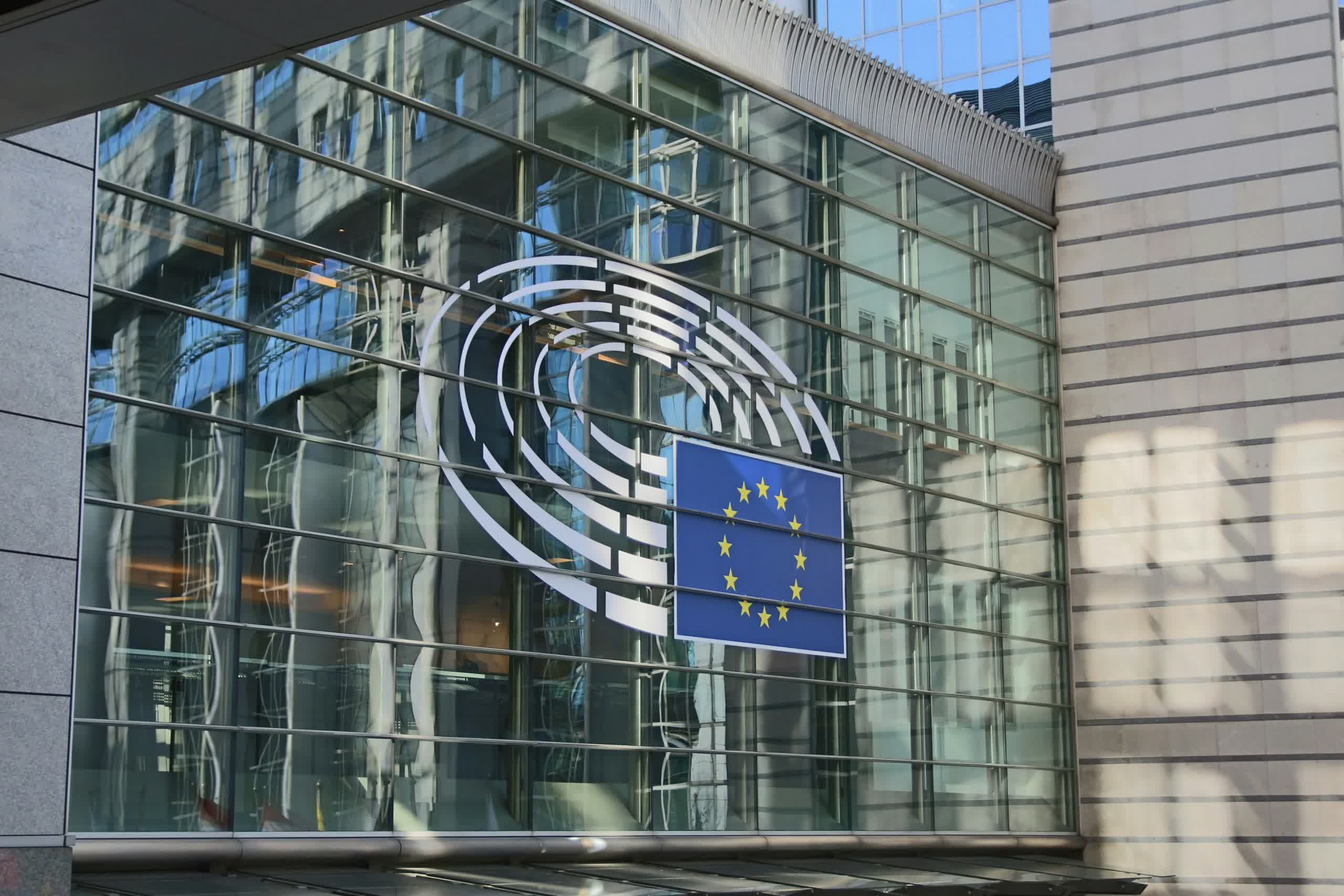In context: The EU enacted the European Digital Markets Act last November, but companies like Google and Apple had until earlier this year to comply. Despite tweaking its policies and procedures, Apple may become the first Big Tech "gatekeeper" to get fined under the new law. The European Commission claims the company still unfairly restricts developers from informing customers of lower prices on alternative marketplaces.
In a preliminary ruling, the European Commission found Apple violated the Digital Markets Act (DMA). The EC claims that the App Store's rules and fees restrict app developers from directing consumers to alternative purchasing channels. Apple can review the investigation documents and dispute the charges in writing before the commission issues its final ruling by March 2025.
If Cupertino's lawyers can't turn it around, Apple could be on the hook for a fine of 10 percent of its global annual revenue or roughly $38.3 billion. The EC already has a second investigation underway that could lead to a repeat violation and a second fine of 20 percent. Google and Meta are facing similar investigations, Apple just happened to be first in line.
The DMA mandates that developers should be able to inform customers about cheaper purchasing options and allow them to buy apps through those channels. The commission argues that Apple's business terms restrict this freedom. Specifically, Apple's policies prevent developers from sharing pricing information within their apps and promoting offers through alternative distribution channels. While Apple permits in-app links to external websites, it imposes several restrictions that hinder developers from fully utilizing these links to communicate and transact with customers.

Additionally, the EC criticized Apple for charging excessive fees. Although Apple is entitled to charge for facilitating the initial customer acquisition via the App Store, it claims that Apple's fees exceed what is necessary. For instance, Apple charges a 27-percent commission on every purchase made within seven days after a user clicks a "link-out" from an app.
In response, Apple stated it has made changes to comply with the DMA and remains confident that its plans meet legal requirements. Apple highlighted that over 99 percent of developers would pay the same or lesser fees under the new terms and emphasized its ongoing commitment to engaging with regulators.
MacDailyNews notes that similar DMA regulatory uncertainties have led the Cupertino tech titan to delay introducing its Apple Intelligence AI tools and other features in the EU.
In a separate investigation, the commission put Apple's "Core Technology Fee" and other contractual requirements for third-party app developers and app stores under the microscope. This fee applies to app installs from various sources, including the App Store, alternative marketplaces, or developers' websites, with the first million installs being free and a €0.50 fee per install after that.
This new probe will examine several other Apple practices and terms, including the multi-step process for downloading and installing alternative app stores or apps on iPhones and the eligibility criteria imposed on developers. It will also scrutinize the "membership of good standing" requirement in the Apple Developer Program and the checks Apple uses to validate apps and alternative app stores for sideloading.
